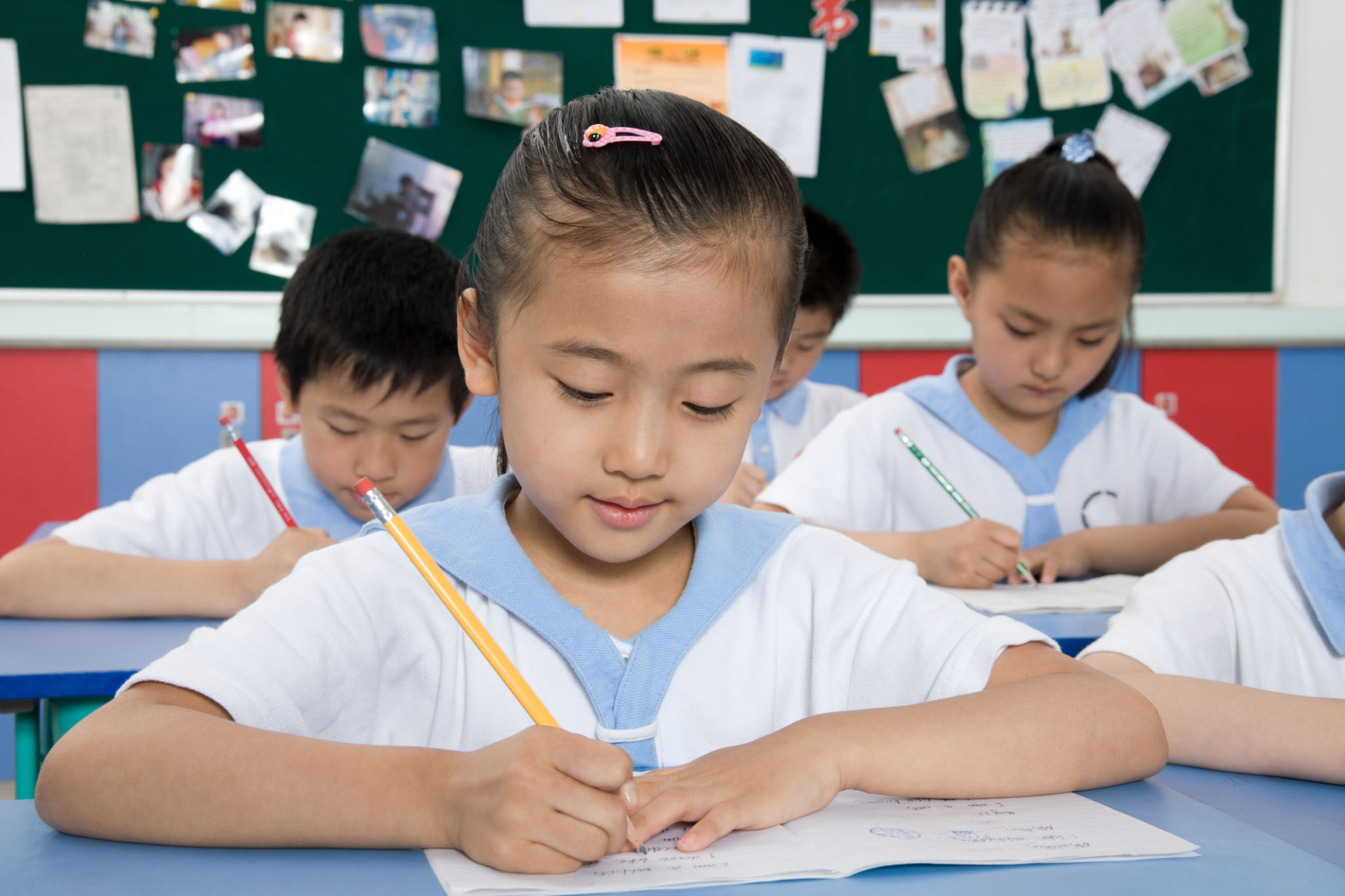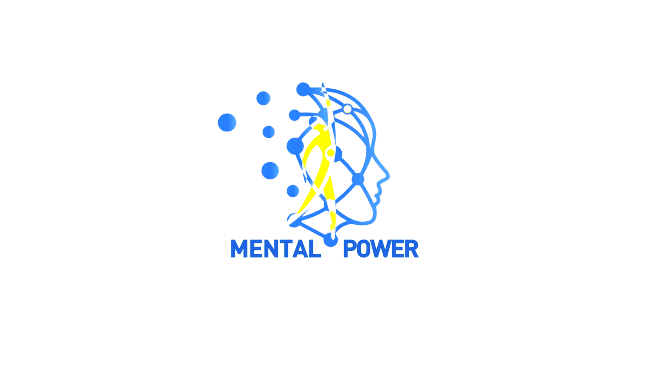A Holistic Approach to Skill Development for Kids: What Parents Need to Know
Understanding Holistic Skill Development
In today’s fast-paced world, skill development for kids is not just about academic achievements. A holistic approach encompasses emotional, social, physical, and cognitive growth. By nurturing a child's diverse talents and abilities, parents can foster well-rounded individuals equipped to face future challenges.
A holistic skill development plan focuses on nurturing the whole child. This means paying attention to more than just grades and test scores. It's about understanding a child's unique strengths and weaknesses and providing them with opportunities to grow in all aspects of life.

Emotional and Social Skills
Emotional intelligence is a crucial part of a child's development. Encouraging kids to express their emotions, empathize with others, and develop strong social connections lays the groundwork for future success. Parents can help by modeling positive behaviors and creating an environment where children feel safe to share their feelings.
Social skills are equally important. Participating in group activities, whether in school or extracurricular settings, helps kids learn teamwork, communication, and conflict resolution. These skills are essential not only for personal relationships but also for professional environments later in life.
Encouraging Teamwork and Communication
Team-based activities like sports or group projects teach children the value of collaboration. When kids work together, they learn to communicate effectively, delegate tasks, and support one another. These experiences are invaluable in building a foundation for leadership and cooperation.

Cognitive Development
Cognitive skills encompass a child's ability to think critically, solve problems, and process information. Encouraging curiosity and a love for learning can significantly enhance these skills. Parents should provide children with diverse learning experiences that challenge their minds and encourage exploration.
Activities like puzzles, reading, and educational games promote cognitive development by stimulating the brain. Moreover, encouraging questions and discussions helps children develop their analytical skills, preparing them for the complexities of the modern world.
The Role of Creativity
Creativity should not be overlooked in skill development. Artistic activities such as drawing, music, or drama allow children to express themselves uniquely and develop innovative thinking. These creative outlets boost confidence and help kids approach problems from different perspectives.

Physical Growth and Development
Physical activity plays a vital role in a child's overall development. Regular exercise not only promotes a healthy lifestyle but also improves concentration and academic performance. Encouraging kids to participate in sports or outdoor activities helps them build physical strength, coordination, and endurance.
Parents should aim to integrate physical activity into daily routines. Whether it's a family walk after dinner or enrolling kids in a local sports team, these activities are crucial for maintaining physical health and well-being.
Balancing Screen Time
In a digital age, balancing screen time with other activities is essential. While technology offers numerous educational benefits, excessive screen time can impact physical health and social skills. Setting boundaries around screen usage ensures that children have ample time for physical activities and face-to-face interactions.

The Importance of Parental Involvement
Ultimately, parents play a pivotal role in their child's holistic development. By being actively involved, setting realistic expectations, and providing support and encouragement, parents can guide their children towards becoming well-rounded individuals.
Open communication between parents and children is key. Listening to your child’s needs and interests allows you to tailor activities that nurture their talents while addressing areas for growth. Remember, the goal is not perfection but rather fostering a love for learning and personal growth.
In conclusion, adopting a holistic approach to skill development is essential for nurturing well-rounded individuals ready to navigate life's challenges. By focusing on emotional, social, cognitive, and physical aspects, parents can ensure their children develop essential skills for future success.
